Every time you use your phone for social media, streaming, or gaming, you’re unknowingly exposing yourself to extensive data collection. Your favorite apps aren’t just gathering information for their own use; they are also sharing it with third parties, all in the name of profit.
10
Candy Crush Saga
At first glance, the only thing that seems bad about Candy Crush Saga is how addictive it is. However, that’s not true. While many gaming apps collect your data for analytics and personalization, Candy Crush goes a step further by sharing 8.6% of your personal data with third parties.
In contrast, other popular games like Roblox and Monopoly GO! do not share any personal data with external parties. If you’re serious about protecting your personal information, it might be worth considering an alternative to Candy Crush Saga.
9
Duolingo
Behind Duolingo’s fun and gamified interface lies a privacy trade-off that most users aren’t aware of. While the app aims to make language learning engaging and accessible, it collects a surprising amount of personal data from the moment you create an account to when you subscribe to Duolingo Max.
Duolingo’s privacy policy states it may share your data with OpenAI, and even explicitly advises users not to share any personal information while using the app. It’s no surprise, then, that Surfshark named Duolingo the “Undisputed Champion of Tracking” in 2023. Of all the personal data Duolingo collects, a significant 20% is shared with third parties.
8
TikTok
You’re probably familiar with how TikTok poses serious risks to personal privacy and security. The app collects a wide range of personal information, including your phone’s model, operating system, real-time location, and your entire contact list.
But that’s not all. TikTok also reads your messages and collects content you create within the app, even if you never share it. Drafts, unsent messages, typed captions, and even your edits are all fair game for data harvesting.
TikTok shares nearly 23% of your personal data with third parties. That includes advertisers and data brokers who build detailed profiles on you for targeted advertising or other less-transparent purposes.
7
Snapchat
Despite stiff competition from platforms like Instagram and TikTok, Snapchat continues to hold a strong user base with over 850 million monthly active users. While it may have made its name for its self-destructing model, its data collection practices aren’t much different from TikTok’s.
Snapchat collects and stores everything you voluntarily share in your profile, including metadata from the messages and snaps you send. Additionally, the app also tracks your precise location through the Snap Map feature, even when you’re not actively using the app.
According to Nsoft’s report, Snapchat shares approximately 14.3% of your personal information with third parties.
6
X
X has gone through quite a few changes in the last couple of years, but not all of them have been aimed at improving the user experience. The platform doesn’t just collect your tweets and DMs—it also closely monitors your interactions with ads, tracking every click, scroll, and even how long you linger on them.
What’s even more concerning is that X also collects your biometric data for what it calls “safety, security, and identification purposes.” The worst part is that there’s no transparency about how this sensitive information is used or stored.
X not only uses your data to train AI models but reportedly shares 28.6% of your personal data with third parties.
5
Spotify
Even if you don’t use Spotify to upload anything or exchange messages, the app still knows much more about you than you might expect. Spotify tracks your listening habits in surprisingly fine detail: what you listen to, how long you listen, and even what time of day you’re listening. And no, it’s not just for generating your fun Spotify Wrapped playlist at the end of the year.
This data helps Spotify map out your moods, routines, and behavior patterns. While this can lead to eerily accurate music recommendations, it also helps the company build an extensive user profile that fuels targeted advertising.
Spotify even goes as far as collecting motion and orientation data from your phone’s sensors, such as the gyroscope and accelerometer. On top of that, it shares roughly 17% of your personal data with third-party partners.
4
Amazon & Prime Video
From your purchase history and viewing habits to your device information and location data, Amazon creates a detailed profile of you to fuel its advertising and recommendation algorithms. If you use the Amazon app on your phone, it can also access your contact lists, photos, Wi-Fi credentials, and even aspects of your credit history.
The Prime Video app, like other streaming platforms, tracks every interaction, including what you watch, how long you watch it, what you pause, and even what you scroll past. If you’ve ever interacted with Alexa, keep in mind that Amazon stores recordings of your voice commands.
Given how many popular companies Amazon owns—Twitch, IMDb, Ring, Audible, and others—it has more touchpoints in your digital life than you might realize. Amazon sells around 5.7% of the user data it collects, while Prime Video sells a staggering 8.6%.
3
YouTube
YouTube might be one of the most entertaining apps out there, but when it comes to privacy, it’s far from innocent. As a core part of Google’s advertising ecosystem, YouTube collects a significant amount of personal data to fuel highly targeted ads.
YouTube stores all kinds of personal information, including your location, contact details, physical address, phone number, and search history. This data helps Google build a detailed profile of you, including your preferences and behaviors.
Unsurprisingly, YouTube sells about 31.4% of the data it collects to other companies. These companies may use the data for targeted advertising, analytics, or even resell it further.
2
LinkedIn
When using LinkedIn for your job search, it’s helpful to provide essential information about yourself, such as your education, job history, contact details, and more. However, that’s not all LinkedIn knows about you.
Beyond the details you willingly provide, LinkedIn also collects your IP address, proxy server, operating system, and even the browser add-ons you use. Recently, LinkedIn made headlines by disclosing that it uses your data to train AI models unless you explicitly opt out.
LinkedIn collects a whopping 74.3% of user information and shares 37% of that data with third parties.
As the old saying goes, “If something is free, you are the product.” Nowhere is this more evident than in Meta’s suite of apps: Facebook, Messenger, Instagram, and Threads.
Meta’s apps are notorious for their invasive data practices. Each of them collects a staggering 91.4% of your personal data. What’s more concerning is that when you sign up for other services using your Facebook account, you’re essentially handing over even more data to Meta.
Despite ongoing privacy controversies, Meta continues to prioritize its extensive advertising network over user privacy. In fact, when Apple introduced privacy features that made it harder for apps to track users across platforms, Meta lost billions in revenue. Meta’s apps share 68.6% of your personal data with third parties, making them some of the most privacy-invasive apps available.
Of course, uninstalling all the apps on this list may not be feasible for most people. However, understanding the privacy risks and taking proactive steps to limit data sharing can significantly reduce your digital footprint.



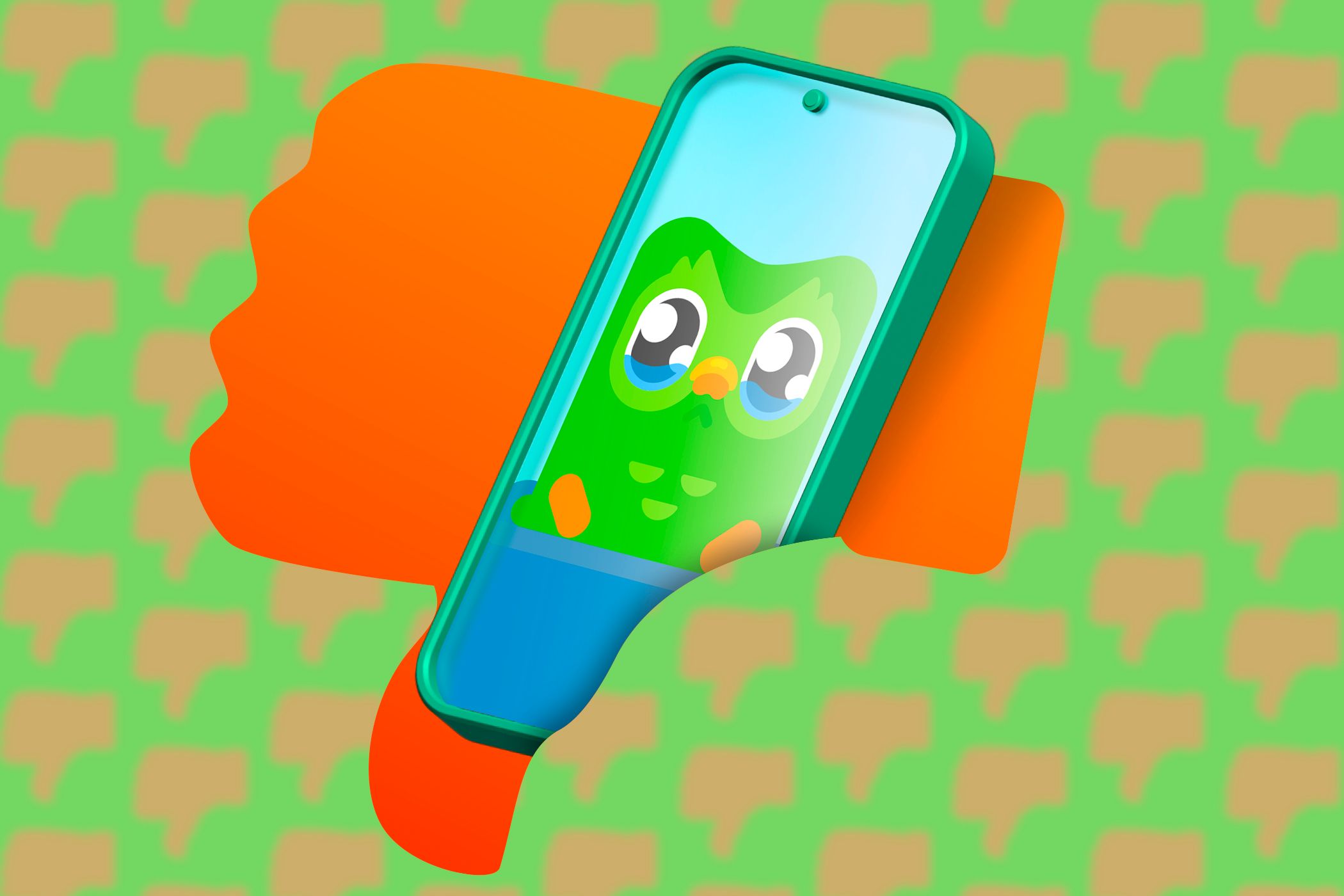
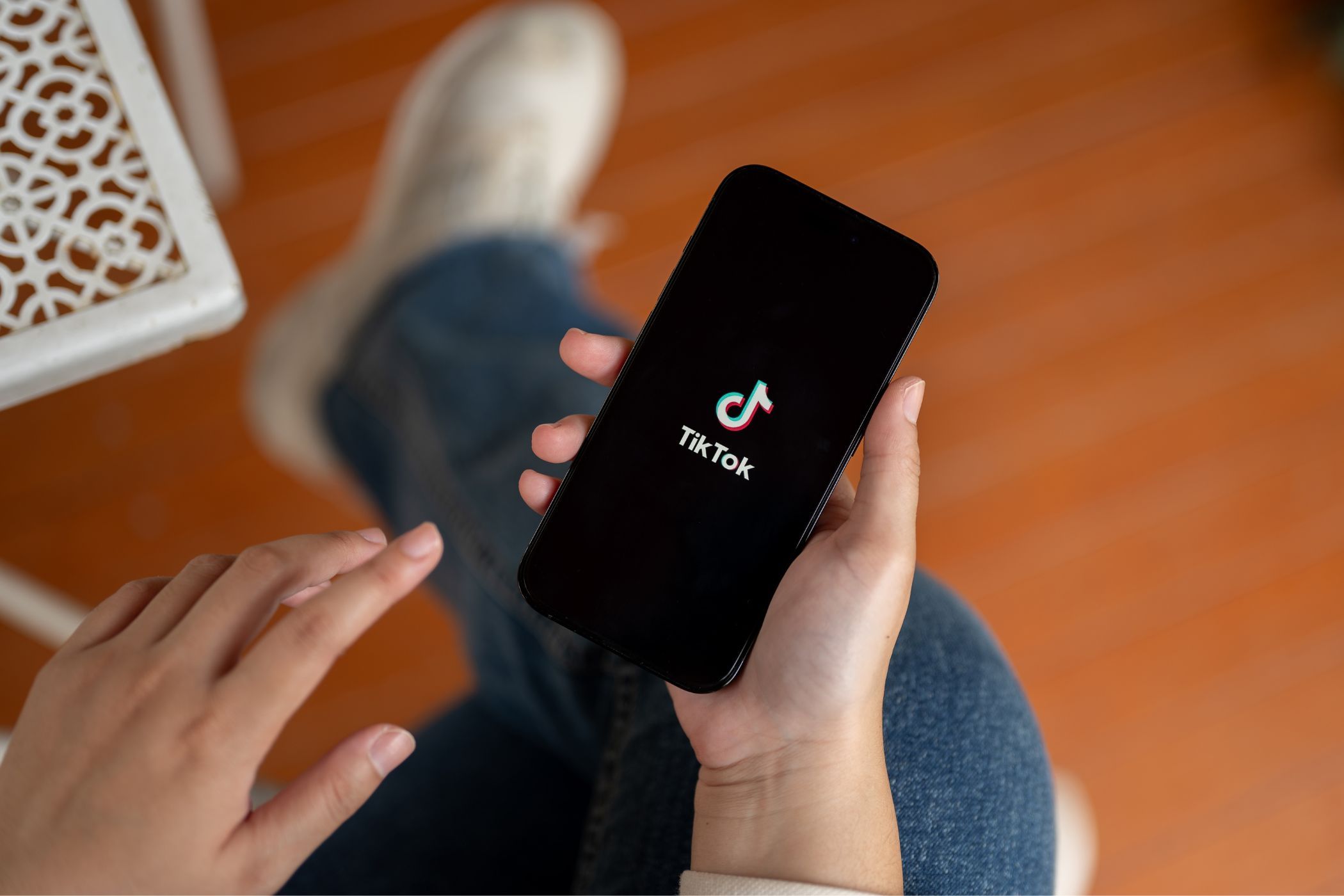
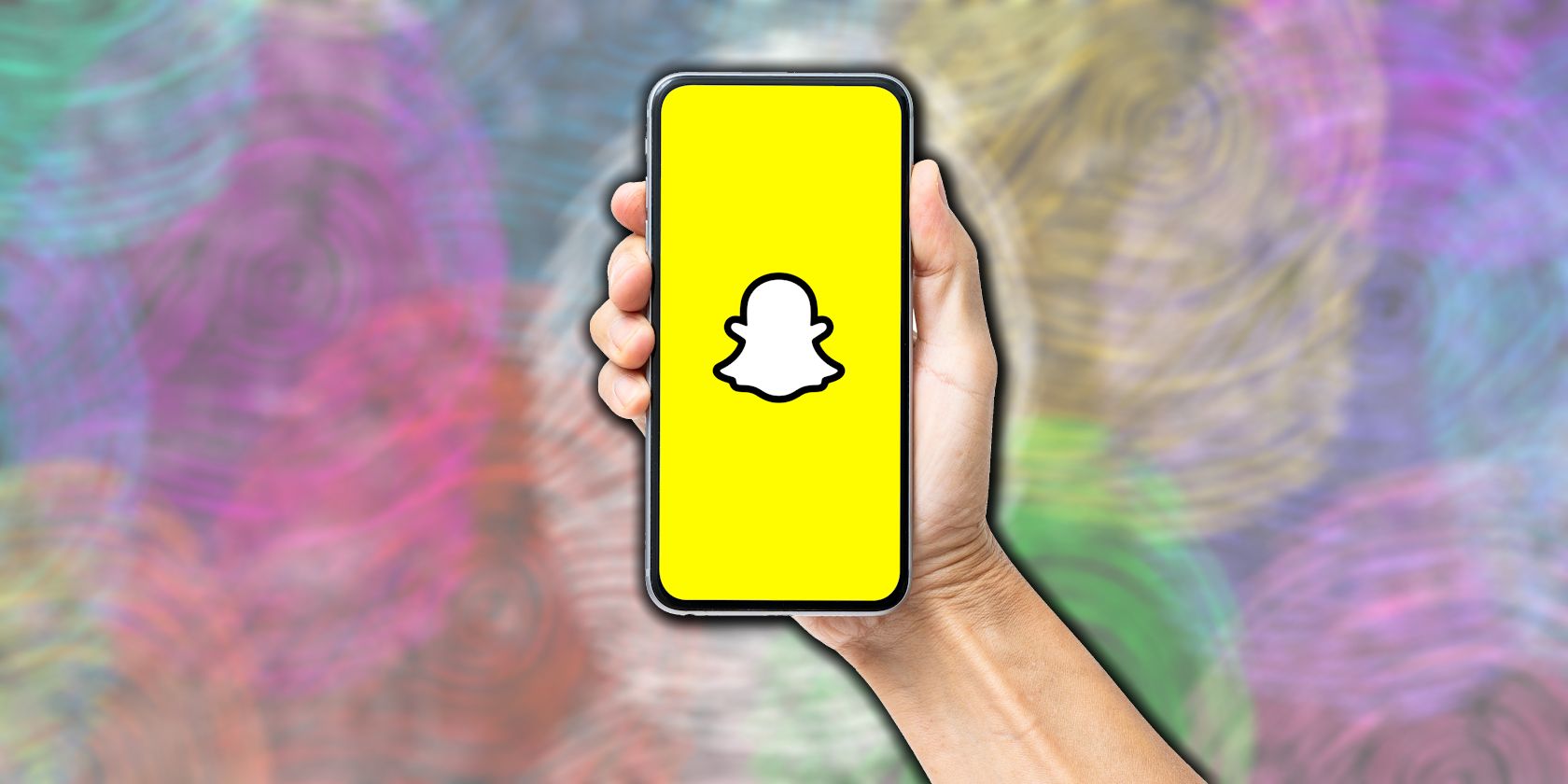

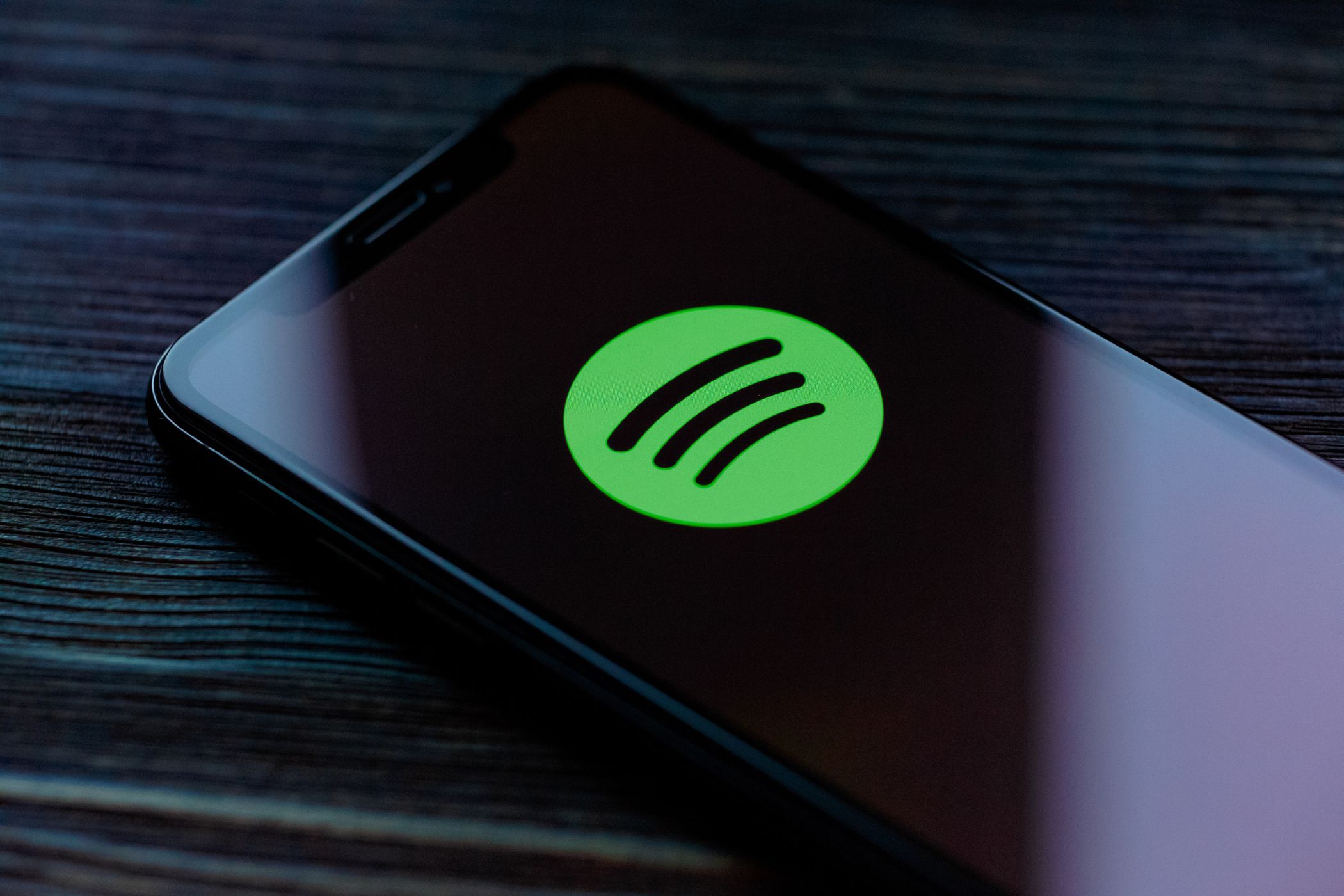
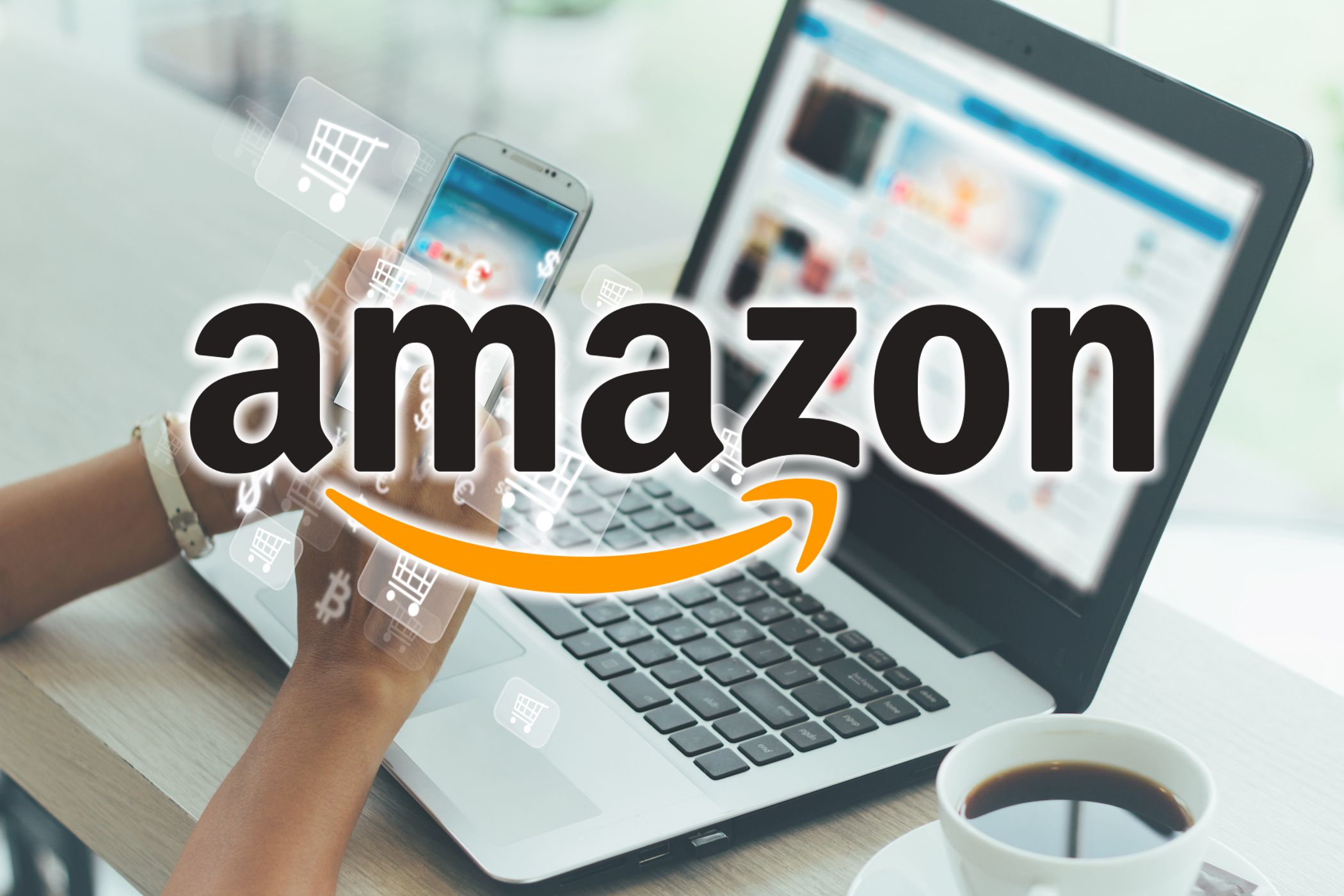


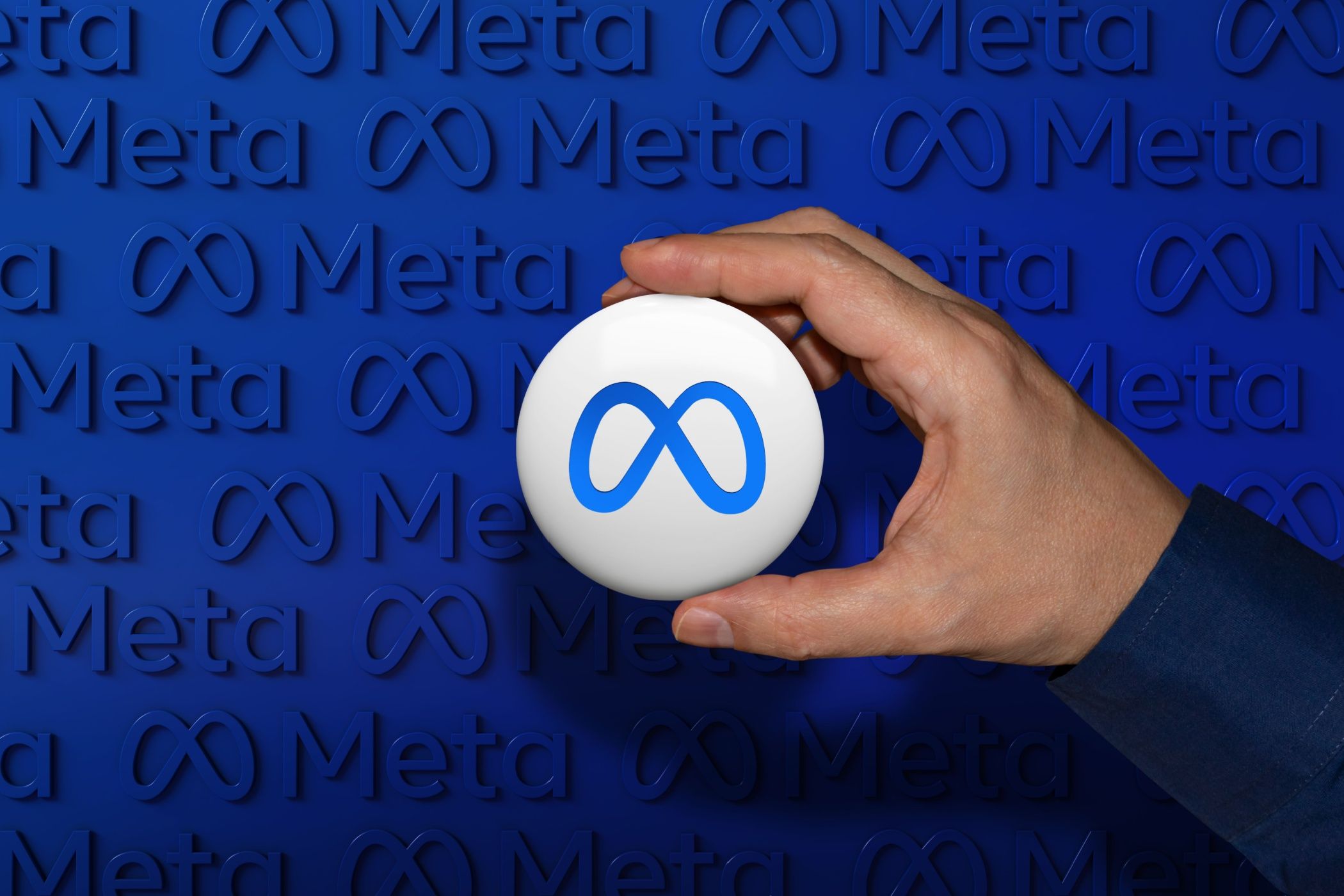





Leave a Comment
Your email address will not be published. Required fields are marked *